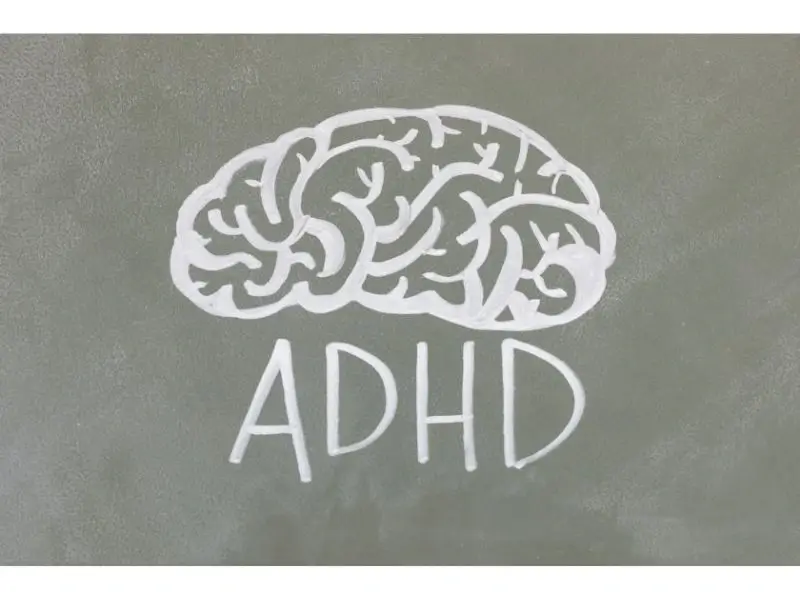Depression is a complex mental health condition that impacts millions of people worldwide, with over 300 million people, or 4.4% of the population, are estimated to have major depressive disorders.
Traditional antidepressants, while effective for many, often take weeks to show results and don’t work for everyone.
In recent years, ketamine infusions for depression have emerged as a promising alternative for those who have not found relief with standard treatments.
The fast-acting nature of ketamine treatment for mental health has caught the attention of researchers and medical professionals.
With clinical studies backing its efficacy, it’s changing how depression is approached.
Despite some debates and potential risks, the benefits of ketamine for depression make it a critical option for many.
Ketamine And Its Origins
The Discovery of Ketamine
Ketamine was first synthesized in the 1960s as an anesthetic.
It was created as a safer alternative to phencyclidine (PCP), which had undesirable side effects, including hallucinations, agitation, and dissociation, which made it unsafe for widespread use.
Ketamine’s unique properties allowed it to be used widely in medical and surgical settings, particularly for anesthesia.
Over time, its safety profile and reliable effects made it a mainstay in operating rooms and emergency departments.
Its ability to act quickly without causing severe respiratory depression set it apart from other anesthetics.
Ketamine’s Evolution from Anesthetic to Antidepressant
While ketamine was initially developed for surgical anesthesia, researchers in the late 1990s began noticing its antidepressant effects.
Patients who had been administered ketamine for pain relief or anesthesia reported mood improvements.
These findings led to more comprehensive studies, confirming that ketamine’s influence on brain chemistry could effectively combat severe depression.
The shift from anesthetic to ketamine treatment for mental health was backed by rigorous clinical trials.
Studies have shown that even a single dose can alleviate depressive symptoms within hours, offering hope for those with treatment-resistant depression.
The Science Behind Ketamine Infusions for Depression

How Ketamine Targets the Brain
Ketamine works differently from traditional antidepressants.
While most antidepressants increase serotonin or norepinephrine, ketamine targets glutamate, the brain’s most abundant neurotransmitter.
Glutamate is important for brain connections and flexibility.
Ketamine infusions help create new connections in the brain, which is thought to explain its fast mood-boosting effects.
The Role of NMDA Receptors in Depression
Ketamine works by blocking certain receptors in the brain called NMDA receptors, which helps increase the release of a neurotransmitter called glutamate.
This, in turn, activates other receptors known as AMPA receptors.
When these receptors are activated, they trigger the release of brain growth factors like BDNF, which play a key role in forming new connections in the brain.
These new connections help improve mood, cognitive function, and emotional regulation.
Ketamine’s action on the brain’s circuitry, unlike traditional antidepressants, which focus on boosting serotonin.
This leads to faster, often more noticeable improvements in symptoms.
This unique process helps explain why ketamine can provide relief for people with depression much more quickly.
Immediate vs. Long-Term Effects on Mood
One of the most striking aspects of depression treatment with ketamine is the immediate relief it can provide.
Patients often report significant improvements in mood within hours of their first infusion.
This rapid effect is especially crucial for those experiencing severe, treatment-resistant depression.
However, while the initial response is fast, the long-term benefits may require multiple treatments.
Studies suggest that regular infusions can help maintain the positive effects, but each patient’s response varies.
Potential Side Effects and Safety Concerns
Common Short-Term Side Effects

While ketamine infusions for depression are generally safe, they are not without side effects.
Short-term effects can include nausea, dizziness, and a feeling of dissociation.
These side effects are typically mild and subside shortly after the infusion ends.
Dissociation, described as a sense of detachment from reality, is one of the most commonly reported experiences.
Medical professionals closely monitor patients during infusions to manage any discomfort and provide reassurance.
Long-Term Risks and How to Mitigate Them
According to the University of Maryland Center for Substance Abuse Research (CESAR), there is little evidence suggesting that it is possible to become physically dependent on ketamine.
Although long-term use of ketamine does come with potential risks, such as cognitive impairments or bladder issues.
Chronic use has been linked to urinary tract problems, including cystitis, which can be painful and persistent.
To mitigate these risks, treatment protocols often limit the frequency and dosage of infusions.
Ongoing research aims to understand better the balance between effective treatment and potential long-term side effects.
Careful patient monitoring and adherence to established guidelines are essential for minimizing risks.
Monitoring and Managing Side Effects
Clinics offering ketamine treatment for mental health have procedures to manage side effects effectively.
Comprehensive screening processes are in place to ensure that only suitable candidates receive treatment.
Continuous monitoring during and after infusions allows medical professionals to respond promptly to any adverse reactions.
Regular follow-up appointments are also crucial to track the patient’s progress and adjust treatment plans as needed.
The Debate Around Ketamine: Addiction vs. Treatment
Understanding the Risk of Addiction
A common concern surrounding ketamine treatment for mental health is the potential for addiction.
Ketamine is classified as a Schedule III controlled substance in the United States, indicating a moderate potential for abuse.
However, the controlled clinical environment in which ketamine infusions for depression are administered significantly reduces this risk.
Addiction risk is more prominent with recreational use, where doses are uncontrolled.
Under medical supervision, ketamine’s use for depression is carefully regulated to prevent dependence.
Regulatory Measures and Safe Use Guidelines
Stringent regulatory measures ensure the safe use of ketamine treatment for mental health.
The FDA has approved specific protocols for ketamine infusions, and clinics follow these guidelines to ensure patient safety.
Measures include limiting the number of infusions a patient can receive over a certain period and adhering to strict dosage recommendations.
Clinics must also be staffed with trained professionals who can monitor patients and manage any unexpected reactions.
Patient Screening and Eligibility for Treatment

Before starting depression treatment with ketamine, thorough patient screening is conducted.
This process includes evaluating the patient’s medical history, current mental health status, and any potential risk factors.
Not all individuals are suitable candidates; for example, those with a history of substance abuse may not be eligible.
Screening helps create a safer treatment environment and ensures that patients receiving ketamine infusions are likely to benefit from them.
Explore Cutting-Edge Treatments for Depression Today with CNS Center Arizona
Ketamine infusions for depression represent a significant advancement in the field of mental health treatment.
Unlike traditional antidepressants, which can take weeks to show results, ketamine’s effects are often felt within hours.
This rapid response can be life-changing for those suffering from severe, treatment-resistant depression.
While there are potential side effects and risks, careful screening and professional oversight make ketamine treatment for mental health a valuable option.
Research and regulations are improving the safety and effectiveness of ketamine therapy.
Its benefits make it a valuable option for those who haven’t found relief with other treatments.
CNS Center of Arizona is here to provide personalized care and innovative treatments.
Reach out to CNS Center of Arizona to find how ketamine therapy can help you regain control and improve your well-being.






